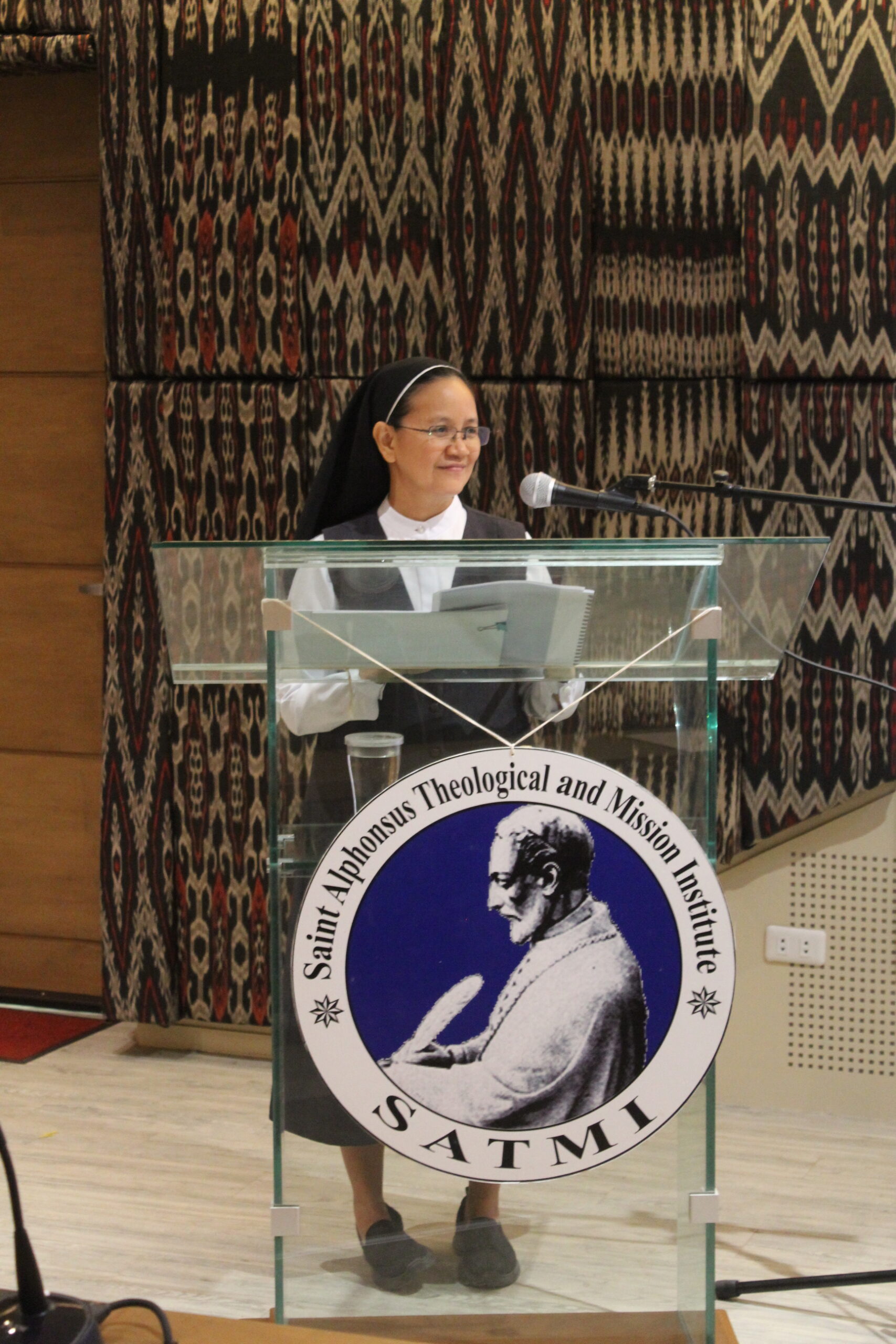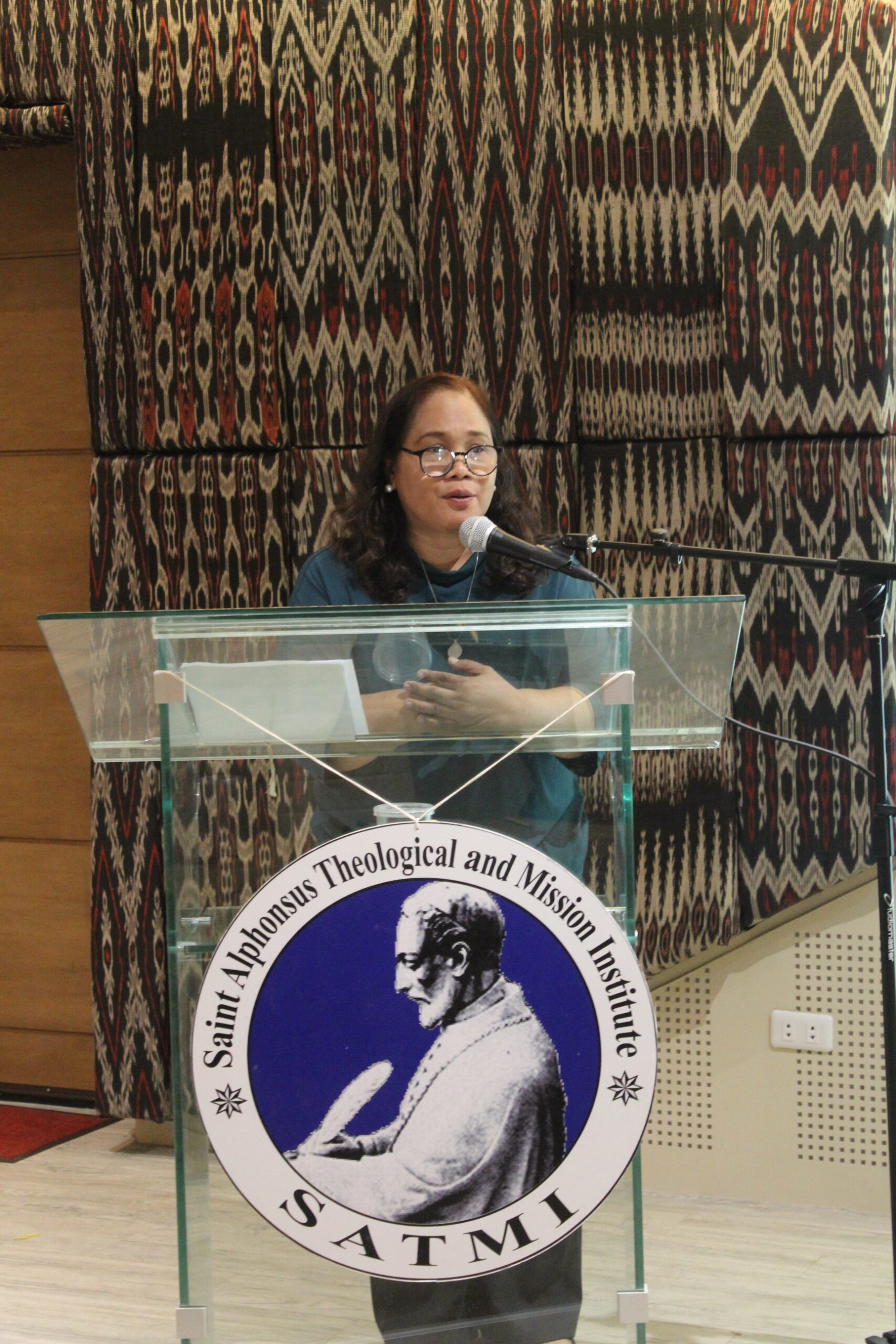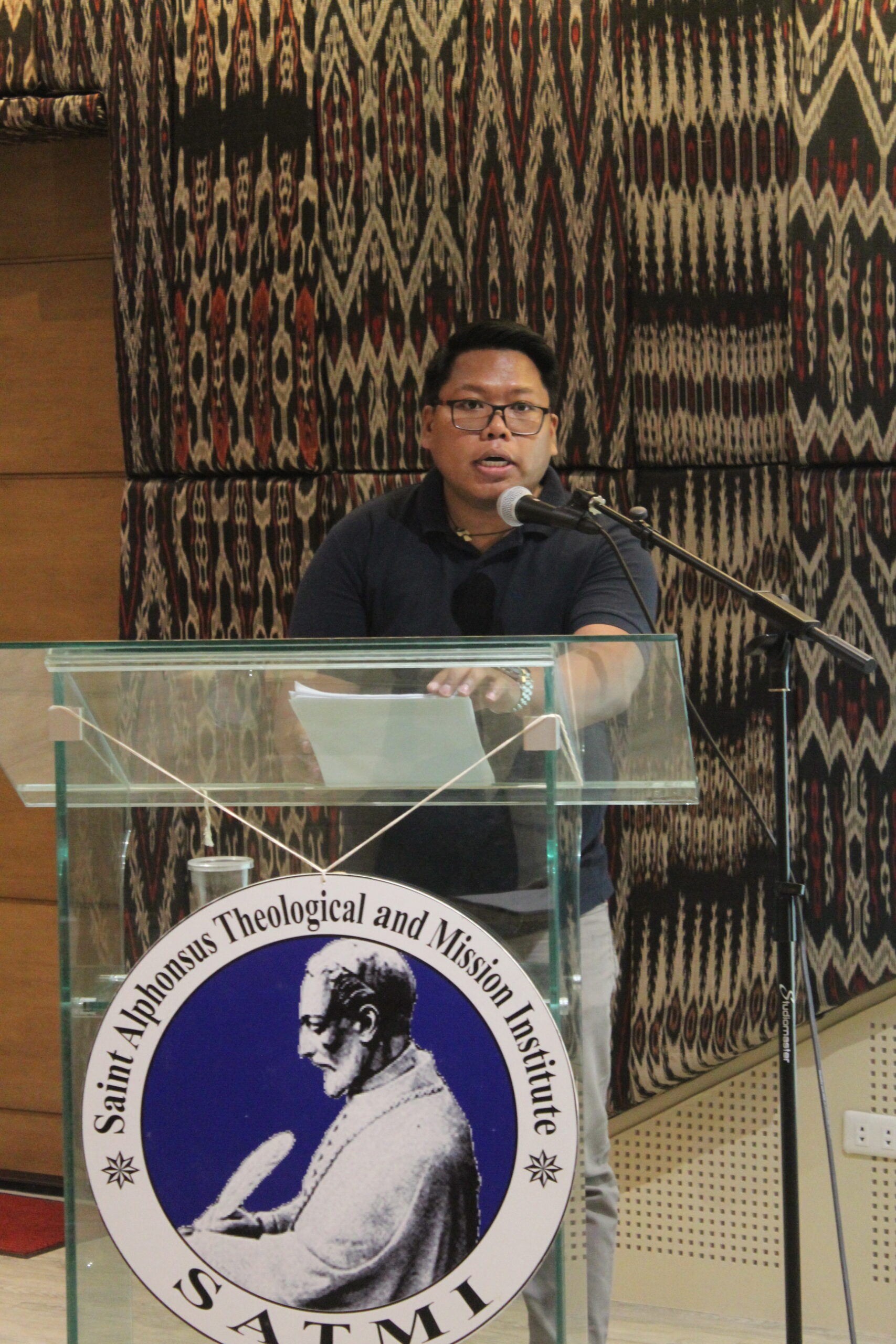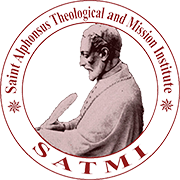
Thesis Paper Proposal of Sr. Arianne Mae L. Villarin, OSB entitled “The Law of Gradualness in Ecclesial Care of Family in Irregular Situations: A Theological and Moral Analysis in Light of Amoris Laetitia”
– – – – –

Thesis Paper Proposal of Ms. Jannica C. Jungco entitled “Add-To-Cart Culture: A Theological and Pastoral Reflections from the Lens of Laudato Si”
– – – – –

Thesis Paper Proposal of Sr. Misheil C. Oporto, SFIC entitled “Homo Digitans for Climate Justice: Pastoral Reflection on Youth Engagement in Climate Change Advocacies Through Social Media”
– – – – –
Dissertation Paper Proposal of Mr. Jeremias E. Castillano entitled “Principles of Inclusivity and Human Dignity: A Moral Theological Discourse on LGBT Exclusion from Church Full Participation in the Cotabato Annual Conference Churches”

– – – – –
Dissertation Paper Proposal of Ms. Gloria C. San Antonio entitled “A Feminist Critique on Marian Devotees of Ina in the Peñafrancia Translacion Procession: A Phenomenological, Moral, and Theological Exposition”

– – – – –
Dissertation Paper Proposal of Mr. Rowe M. Lipa entitled “Moral Freedom in the “ME-FIRST” Ethos Among Filipino Youth: A Moral Expositions in the Light of Gaudium Et Spes”

